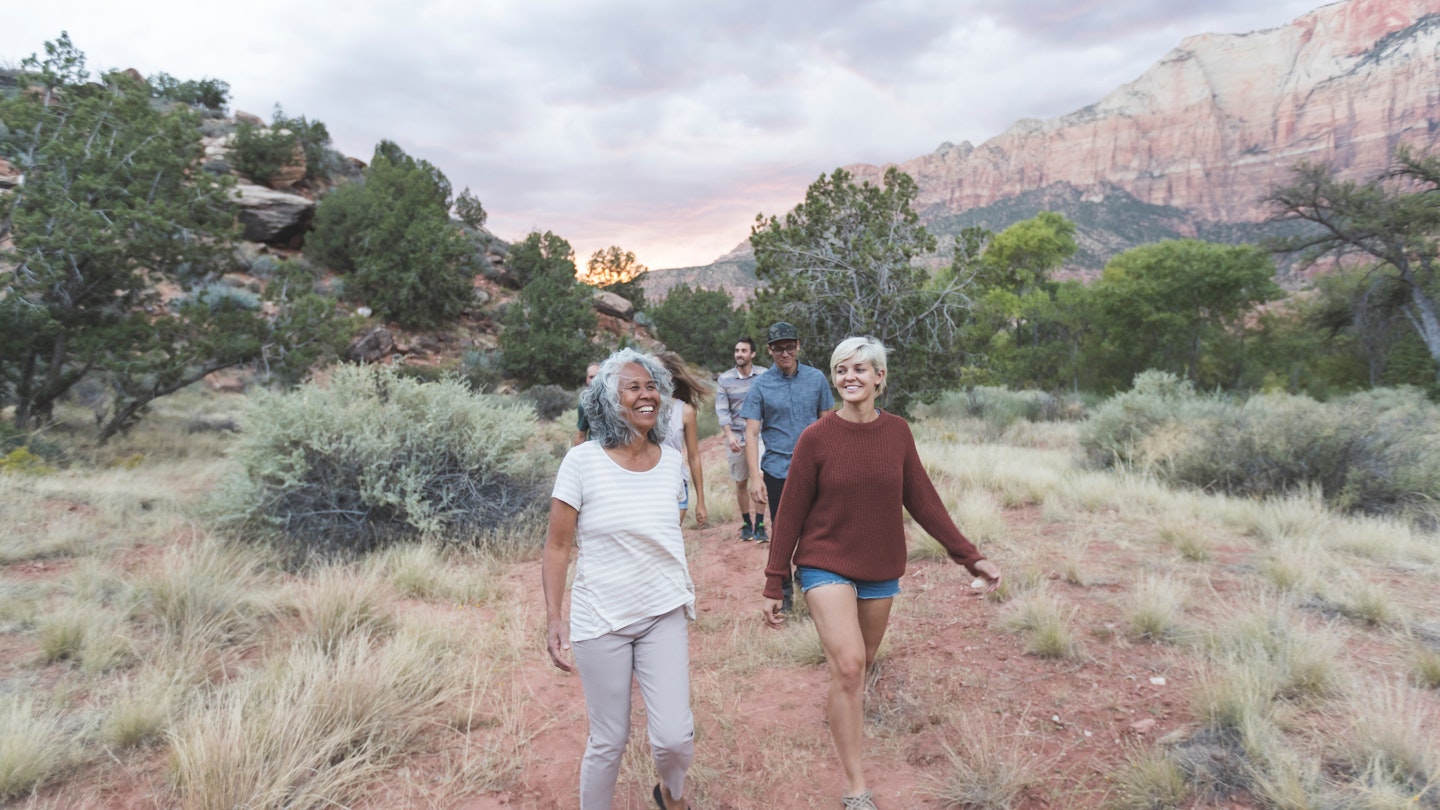Your Ultimate Guide to Visiting Utah
With five national parks, more than two dozen national landmarks, and award-winning skiing, Utah is one of the most beloved adventure states in America. With four distinct seasons, your mileage will vary depending on the timing of your visit. Whether hiking, off-roading, or playing in its snow or desert waters, we can help you choose the best time for your trip.
High Season (June to August): Best Time for Water Sports and Alpine Hiking
Thanks to summer vacation and numerous attractions, Utah sees its highest crowds in summer, where the days are hot but the nights are cool. In July and August, national parks are inundated with both international and local visitors enjoying their holidays. Utah is home to many recreational reservoirs such as Flaming Gorge, ideal for both boating and fishing. Furthermore, it boasts the High Uinta Wilderness, a stunning area perfect for escaping the summer heat. This is truly the best time to enjoy two of Utah’s most popular, water-filled hikes: The Narrows at Zion National Park and Lower Calf Creek Falls at Grand Staircase–Escalante National Monument. To avoid hot, crowded trails and capture spectacular photographs, consider visiting national parks in the mornings and evenings.

Shoulder Season (March to May): Perfect for Hiking
Although it’s not as toasty as other deserts, Utah’s climate can get dangerously hot in the dead of summer, particularly in the southern half of the state. Consequently, many hikers and outdoor enthusiasts flock to Arches, Bryce Canyon, Canyonlands, Capitol Reef, and Zion during the shoulder season. If you’re aiming to hike the best trails, spring is the optimal time, so be prepared for crowds of other enthusiastic visitors. During this period, waterfalls are more vibrant, and accommodation costs are typically more affordable compared to the summer months.
Low Season (September to November): Best for Budget Travelers
This season is arguably the best time to explore Utah when prices, crowds, and extreme weather are at their lowest. While you won’t witness the exhilarating runoff that occurs in spring, and temperatures may be too cool for water activities, it’s an ideal time to experience the state’s offerings if you can only make one visit a year. As a bonus, hotel rates can be up to 40% off peak season prices. You can also delight in beautiful fall foliage at higher elevations as trees prepare for winter, and enjoy hiking in comfortable temperatures during the day (though a jacket may be needed at night).

Winter (December to February): Ski Season in Northern Utah
Northern Utah receives an average of over 500 inches of dry, fluffy snow each year, making it a prime location for winter sports enthusiasts. This is why over a dozen top-ranked resorts, like Park City, the largest in North America, attract visitors from around the globe. Although prices and crowds peak in winter, the experience and quality snow make it worthwhile. Unlike other states that require a long drive to pricier resorts, many resorts are accessible from Salt Lake City airport in under an hour. For the best powder, aim to visit after Christmas break.
January: All About the Snow
In January, winter is in full swing, which means it’s all about quality snowfall, skiing, and snowboarding. It’s also when the Sundance Film Festival occurs, providing a chance to catch indie films before theatrical release.
February: A Cheaper Time to Ski
February is perhaps the best month for skiing due to exceptional snow conditions and more affordable rates. It’s a great opportunity to experience winter sports while avoiding peak prices.
March: Start of Hiking Season in Southern Utah
As snow begins to melt in the valleys, hiking season commences in Southern Utah. This is an excellent time to explore the region.
April: Enjoy Utah’s Blooms
April marks the wettest period in Utah, making it the ideal time for beautiful blooms and breathtaking stargazing opportunities.
May: Excellent Hiking Conditions
May brings exceptional hiking conditions statewide, allowing adventurers to enjoy stunning waterfalls before the summer heat takes hold.

June: Hot, but Not Yet Unbearable
June is a decent month of summer before the intensity of heat and crowds arrive. This month hosts several events such as the Fruit Harvest at Capitol Reef National Park and the Utah Arts Festival.
July: Stay Cool on the Water
July can be sweltering, making it an excellent time for boating and canyoneering. The cooler mornings and evenings allow for outdoor activities at more comfortable temperatures.
August: Witness Land Speed Records
In August, the weather remains hot and dry, perfect for speed records at the Bonneville Salt Flats. Enthusiasts gather to observe these thrilling events.

September: Cooling Down
September marks a shift in weather as temperatures begin to cool, making it a pleasant time for exploration. Drive along the Mirror Lake Scenic Highway for stunning views and stop by roadside fruit stands to purchase fresh peaches.
October: Stunning Fall Colors
In October, the cool temperatures and fewer crowds create a serene atmosphere. The Alpine Loop Scenic Byway is a must-see for beautiful fall foliage.
November: Pleasant Temperatures in Southern Utah
November is characterized by minimal crowds and is one of the last chances to enjoy mild daytime temperatures in Southern Utah.
December: Christmas Celebrations
December brings a winter wonderland, highlighted by twinkling Christmas lights and festive events. Utah’s winter scenery and holiday spirit are unforgettable.





